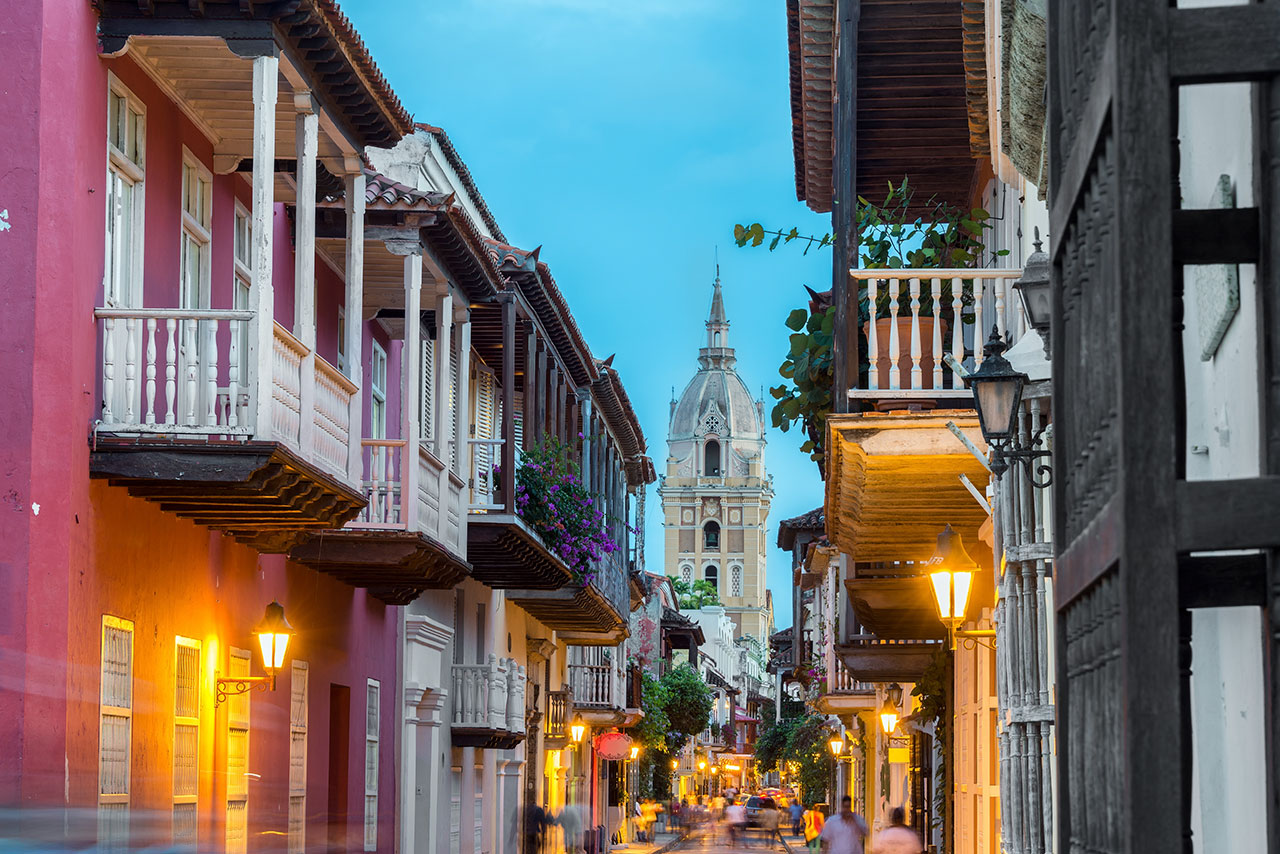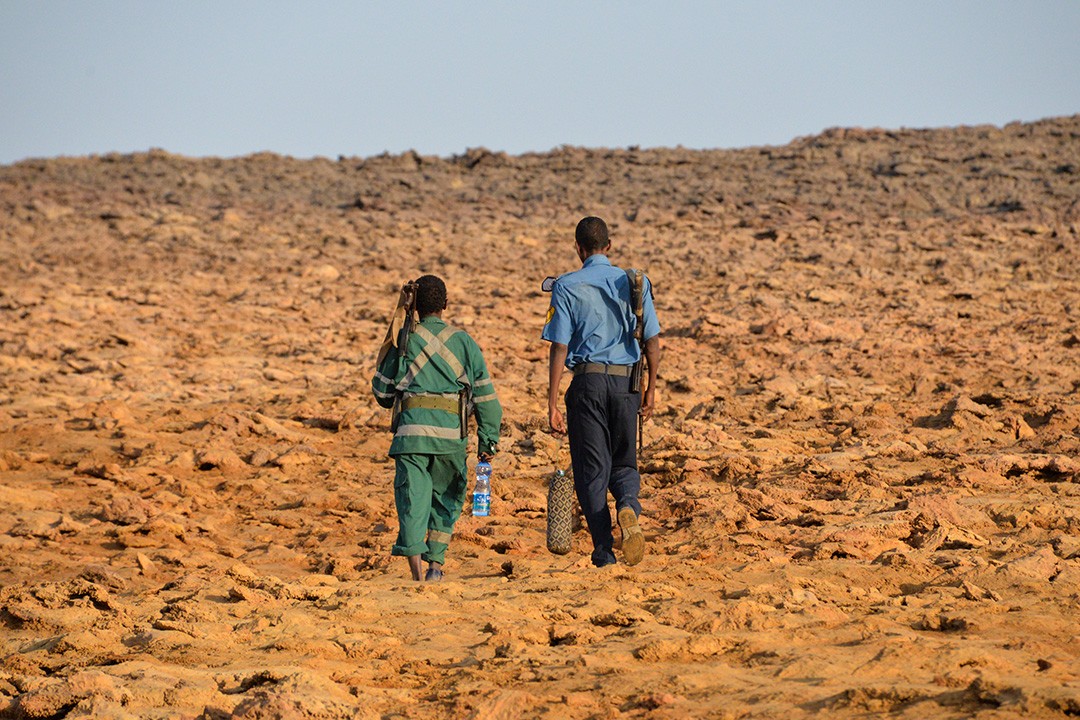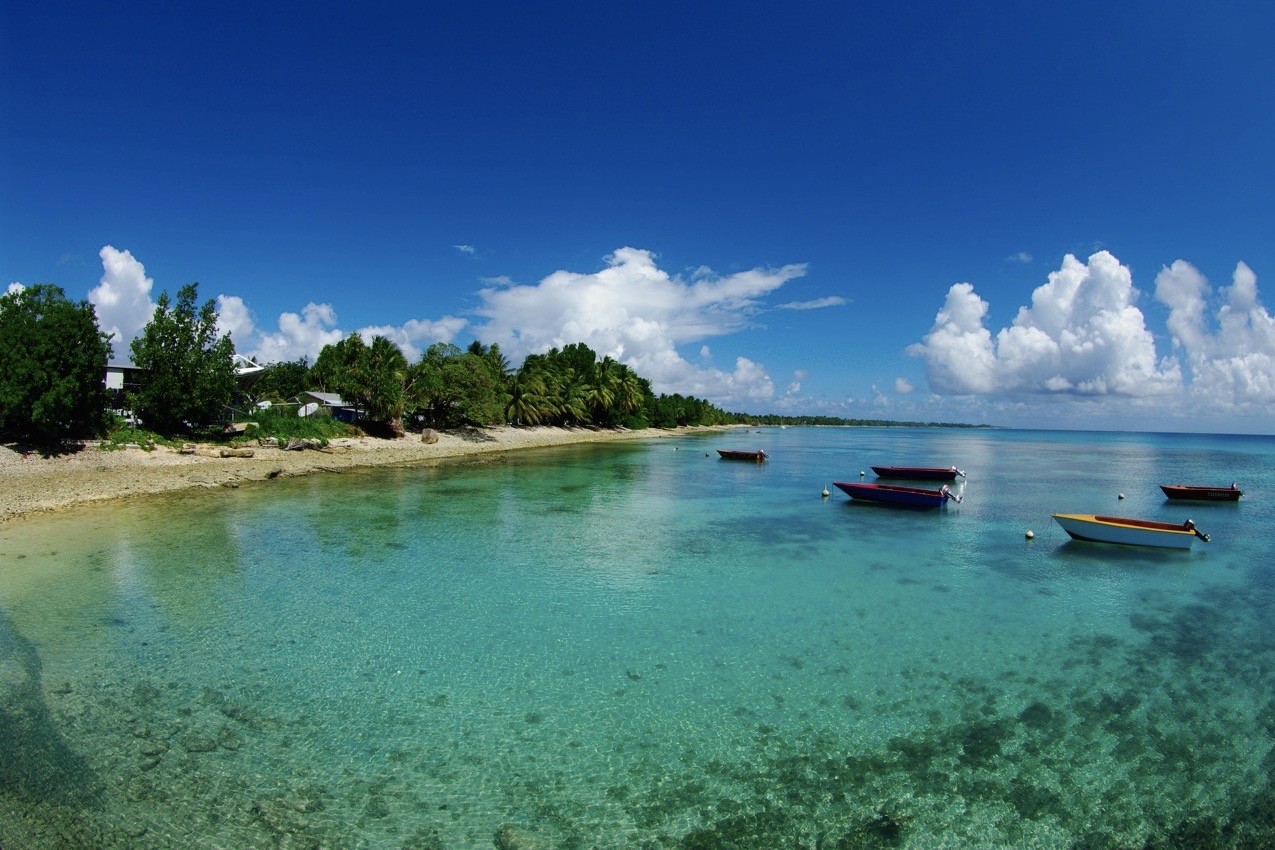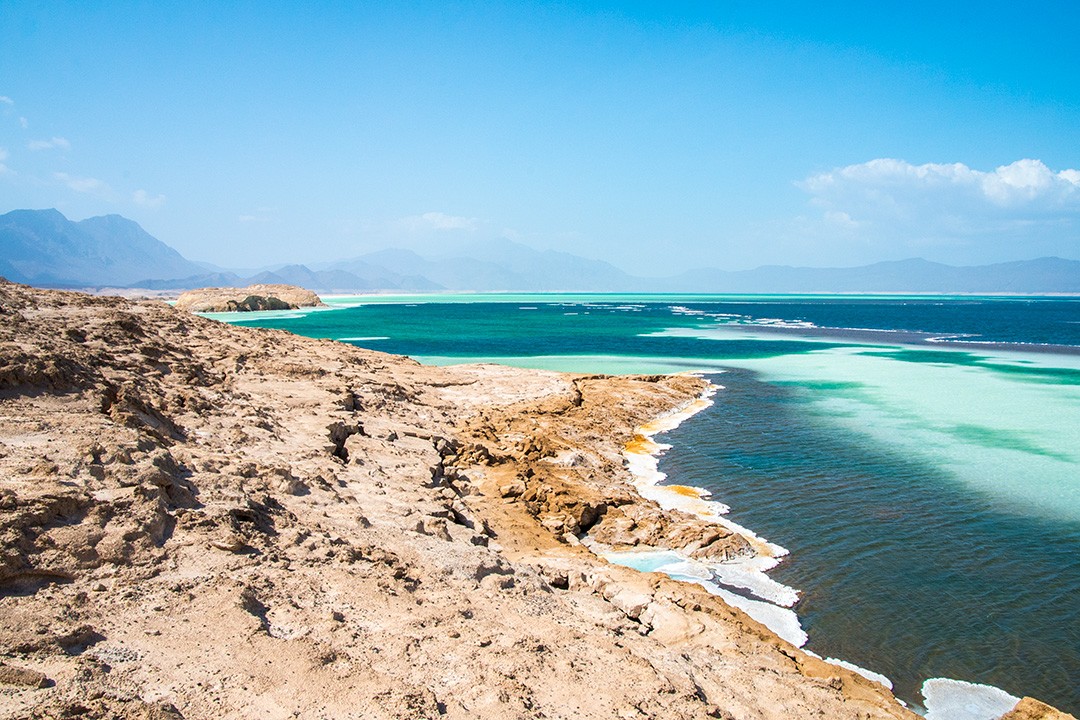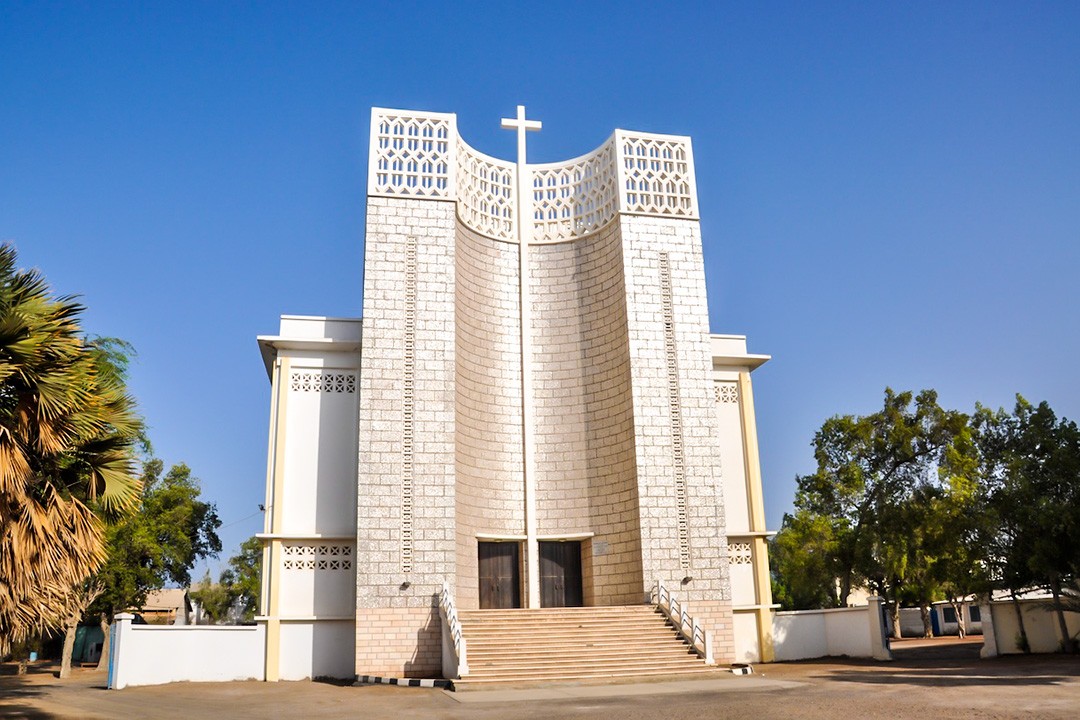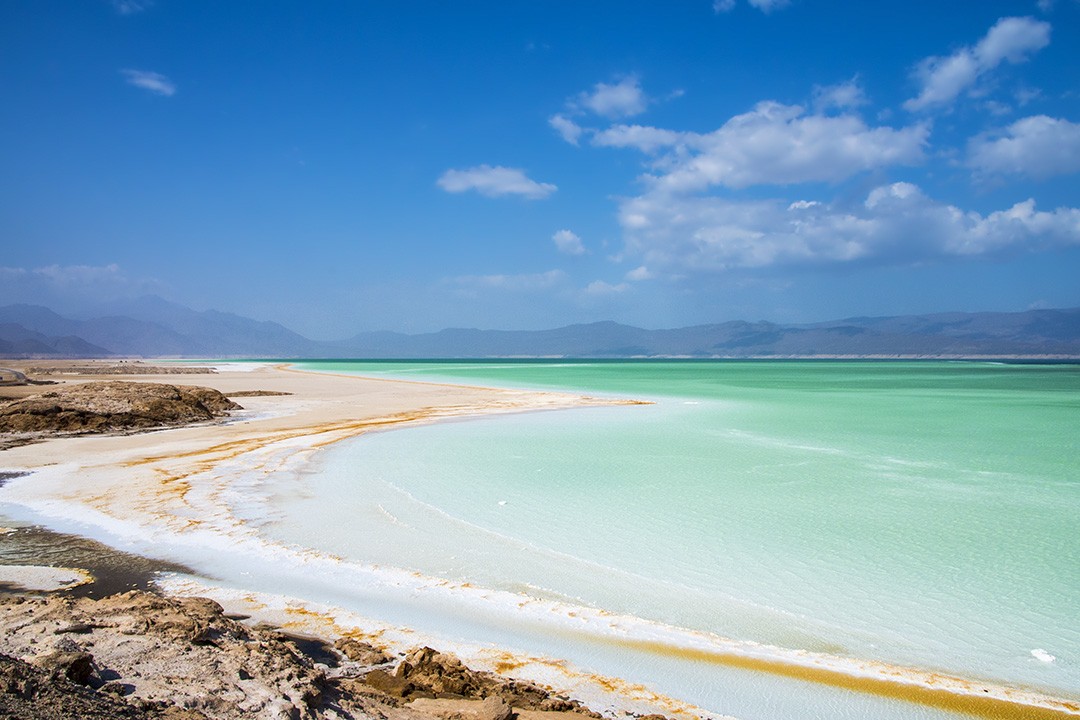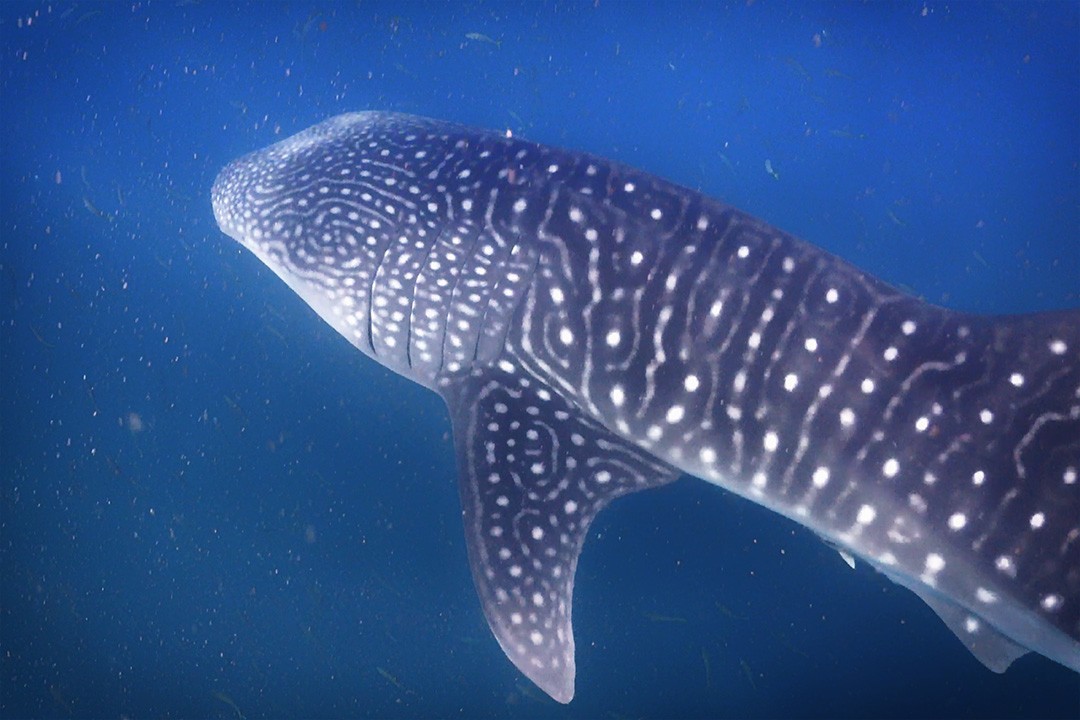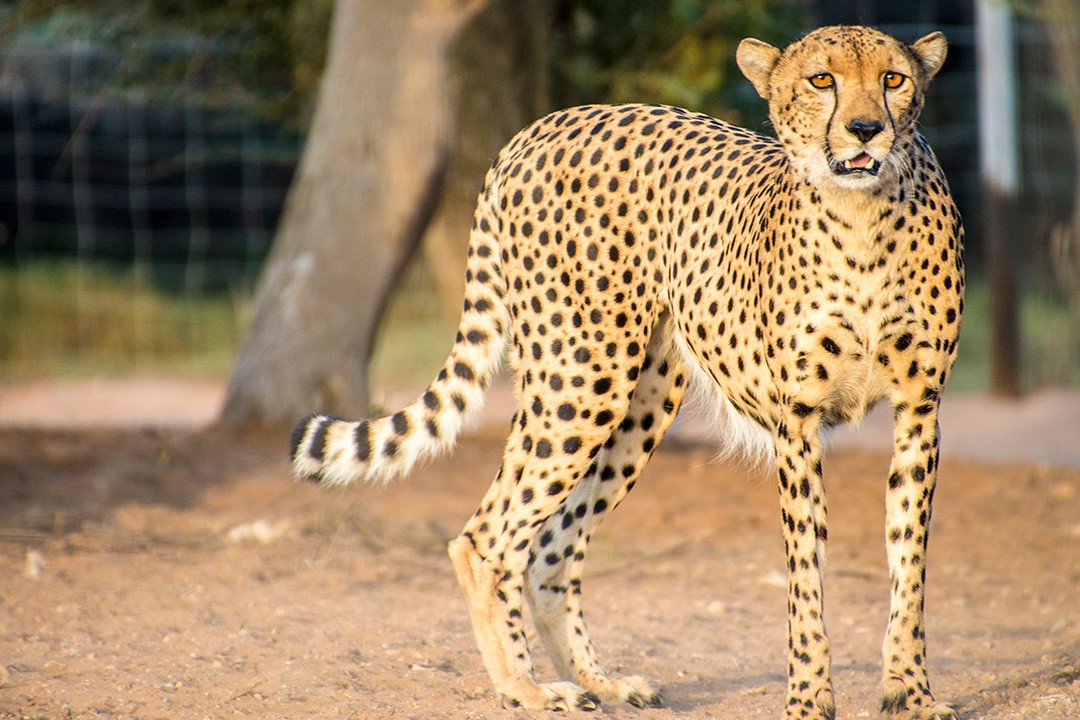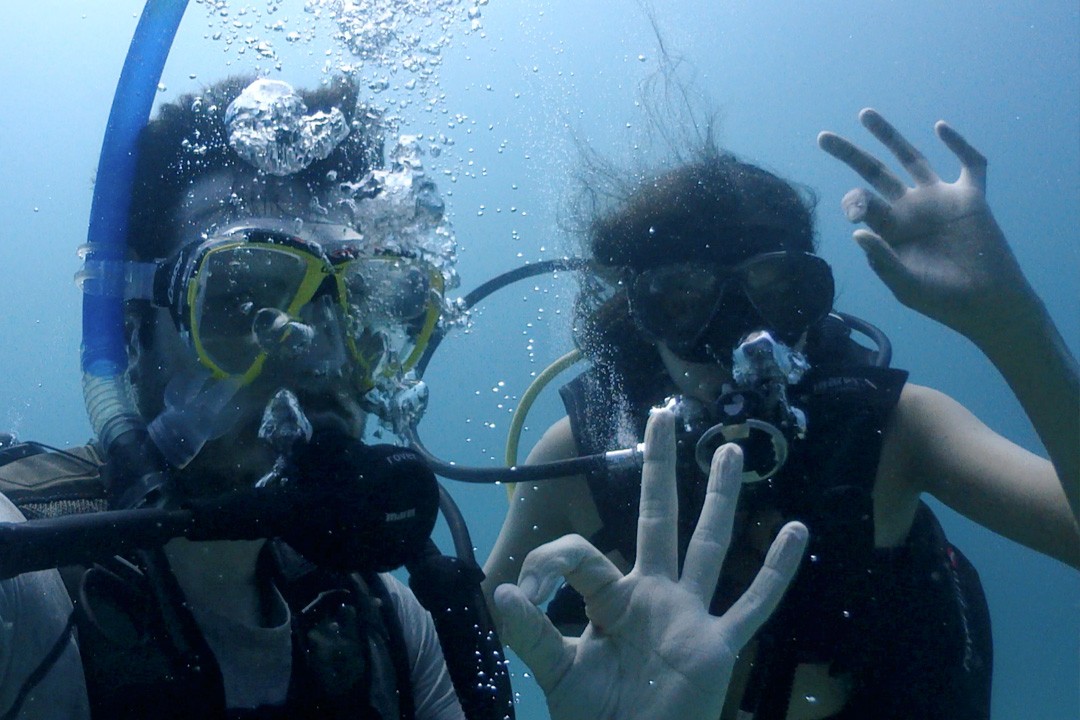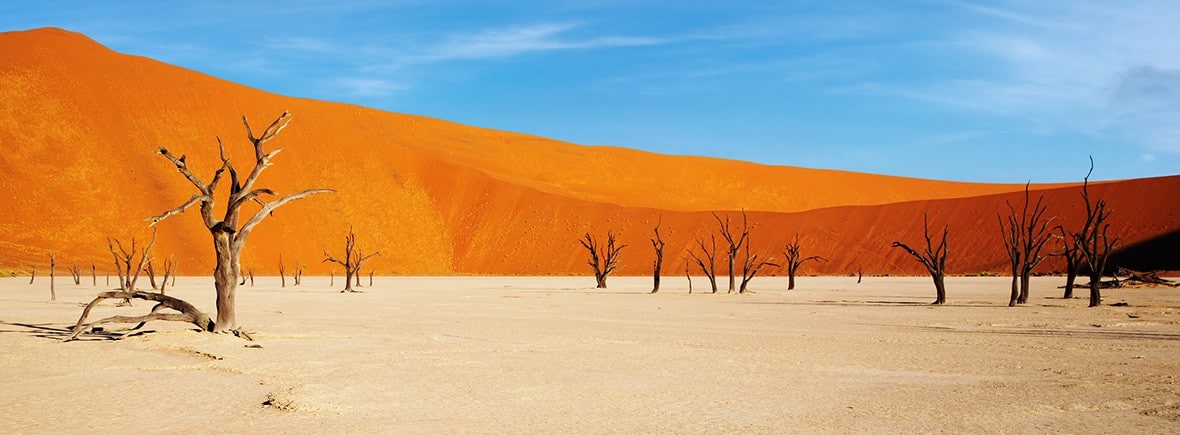Where you stay can make or break your holiday. Here are the red flags and pitfalls to look for when booking a hotel
A few years ago, a friend of mine asked for advice on where to go on her honeymoon. I duly gave her a list of my favourite hotels from across the world: Baros in the Maldives, Likuliku Lagoon in Fiji, Vahine Island in French Polynesia, Montpelier in St Kitts & Nevis among a few others.
